I’m not sure why it’s taken me this long to watch Sound of Metal. The movie has had tremendous acclaim since its premiere at TIFF in September 2019. It’s been on Amazon Prime Video since December of last year. And it’s been nominated for six Academy Awards. The trailer, however, had me convinced that this was the kind of movie that required a certain zen state of mind before pressing play. It looked and felt too much like Blue Valentine (this movie is, after all, based on a story by Derek Cianfrance) for a casual Saturday afternoon watch. This is a movie that didn’t just demand your focus and attention, but also a certain level of emotional investment as well.
Sound of Metal was absolutely draining. But in the best way possible. Great cinema, like all great art, should be transformative in some way. It should take you places you’ve never before been and allow you to experience, even for the briefest of moments, someone else’s every day. Good movies are windows by which we voyeuristically peer into the lives of others. Great movies, like Sound of Metal, give us a door to step through.
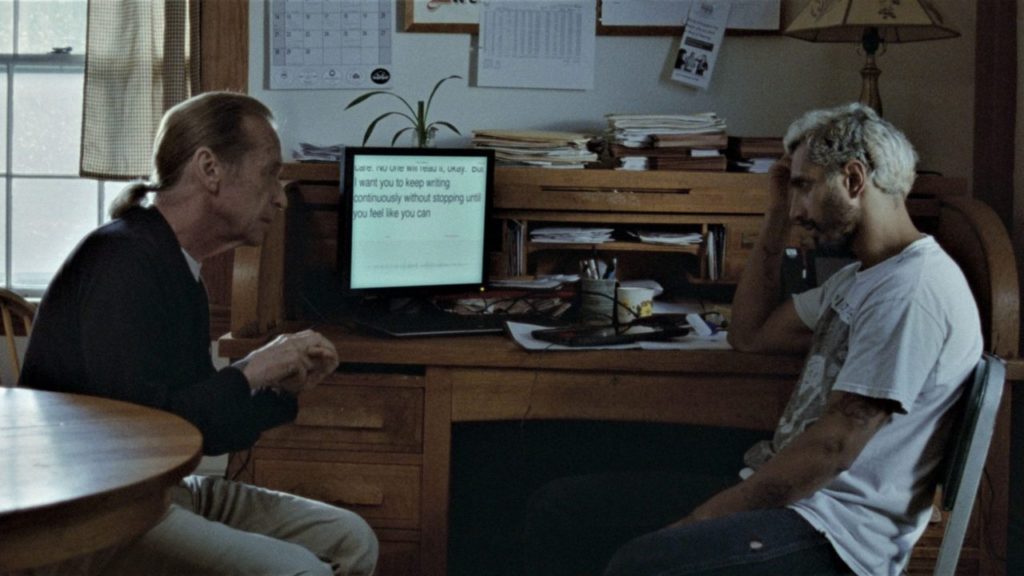
The premise of the movie is rather straightforward and Sound of Metal wastes absolutely no time getting into it. Ruben Stone (Riz Ahmed) is a heavy metal drummer and recovering addict who is on tour with his girlfriend and bandmate Lou (Olivia Cooke), when he suddenly begins to lose his hearing. (The reasons for which are unspecified, but it likely has to do with years and years of exposure to loud music.) Ruben goes to see a doctor who tells him that he’s already lost 80 percent of his hearing and will lose it all if he continues to perform. The doctor advises Ruben that the preservation of what hearing he has left should be his only priority.
Worried that he’ll fall off the wagon, Lou talks Ruben back into rehab in a rural deaf community led by a Vietnam veteran named Joe (Paul Raci). Ruben hesitantly agrees, but his real goal is just to hold out until he can raise enough money for a cochlear implant surgery.
Ruben just wants things to go back to normal. He’s a fixer. And this is just another problem in need of a solution. He is unable to see his deafness as anything other than a handicap, and despite having his eyes opened by this new community, he remains hellbent on getting back to Lou and going back to the life they had before.
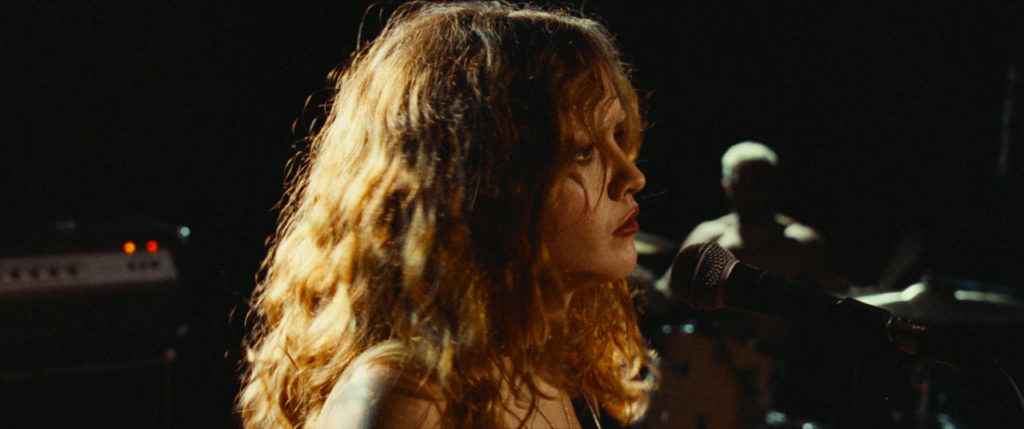
Director (and co-writer) Darius Marder takes us on an absolutely riveting journey, experimenting with tone and resonance, building and destroying soundscapes from one scene to the next, and creating a completely immersive cinematic experience. As someone who can hear, I have no idea how the deaf community experience the world, but Marder has managed to conjure up a version of that reality that feels raw and believable.
His use of silence in this movie is pitch perfect. And it isn’t just in the context of what we hear, but also what we see. There is a starkness in the way a scene looks and plays when it is suddenly devoid of sound and music. Trudging through a field feels different when you can’t hear boots hit the mud. A boisterous dinner party looks unfamiliar when it’s punctuated only by the waving of hands and the occasional thump on the table. An emotional outburst has more of an impact when there is no soundtrack to direct how you should feel.
Ruben’s transition in this movie isn’t just mental and emotional but also physical. And that’s where Riz Ahmed shines. He is magnificent. He lives in a constant state of panic that he is about to lose everything he knows and loves. There is fear in his eyes. There is a vulnerability in his performance. Even as he sulkily refuses to accept his new reality.
What if being able to hear was crucial to who you were? What if performing was your life? What if music was the foundation to your sense of self? What if it was all taken away from you? These are the questions that drive Sound of Metal and at no point does the movie ever stray from them. They are etched onto Ruben’s face. At every moment. In every scene. Ahmed’s commitment is absolute.
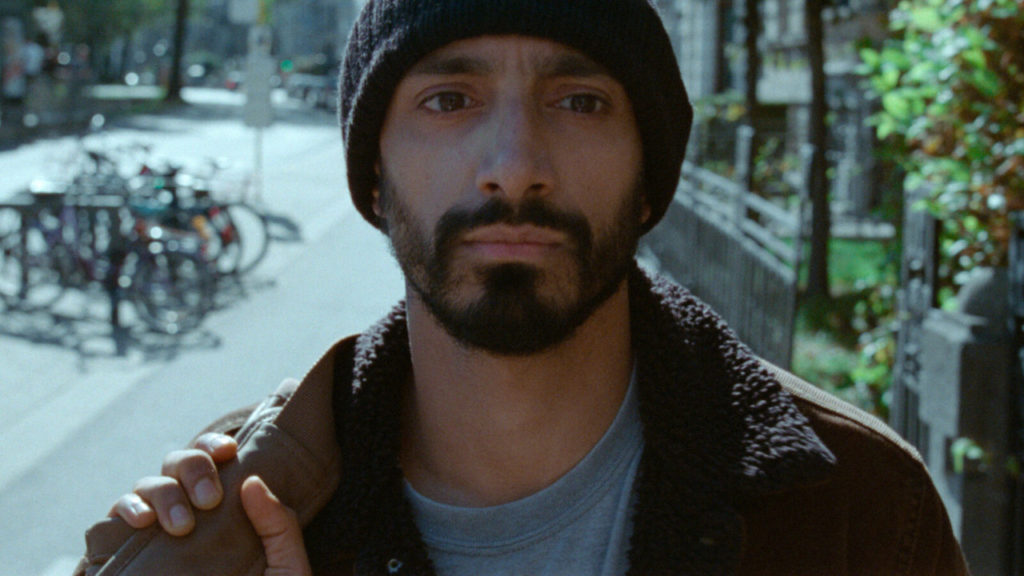
Nothing in Sound of Metal plays out the way you expect it to. Ruben isn’t like the protagonists that you usually meet in movies like this one. He is four years clean and has a sense of self-awareness that keeps him away from the usual narrative tropes. His self-destruction comes instead from his inability to let go. Sound of Metal isn’t a love story. It isn’t even a story about relapse and recovery. This is a story about acceptance and moving on.
There are moments in all of our lives when something so jarring occurs that it is impossible to ever go back to the way things were. How we eventually move forward is key to whether or not we survive. Sound of Metal shows us how and where to find the peace and happiness we need.

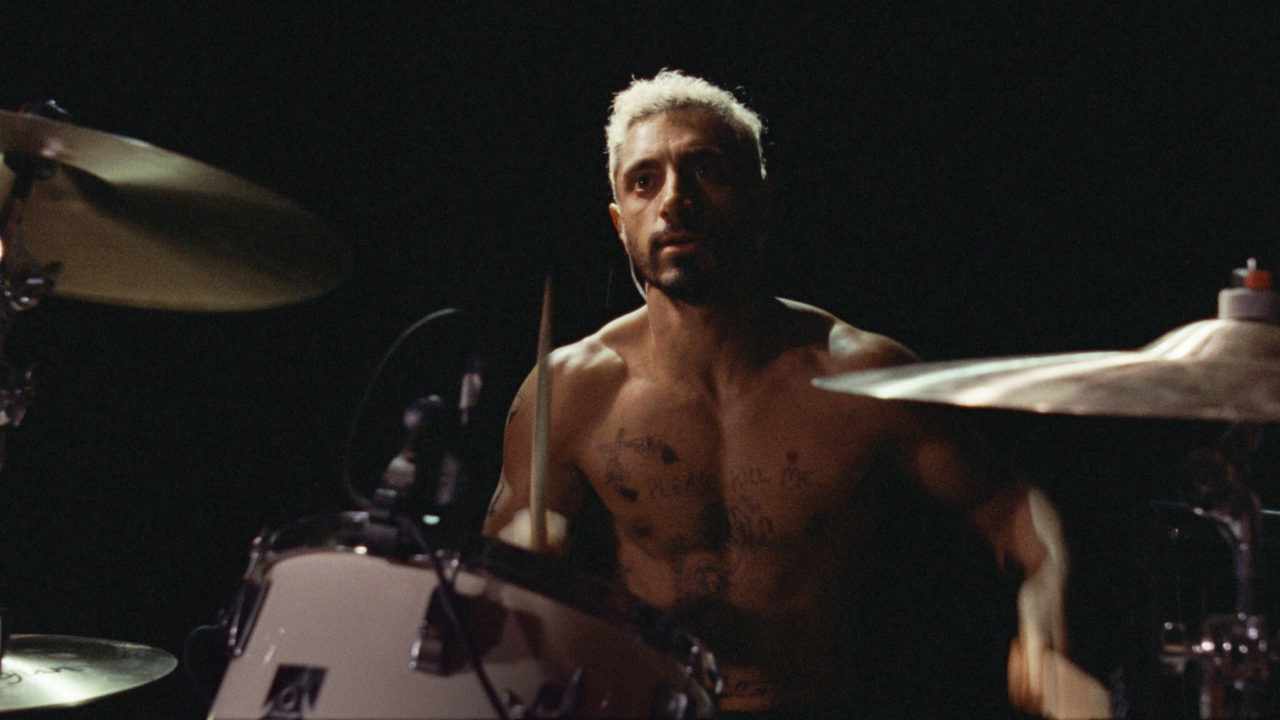
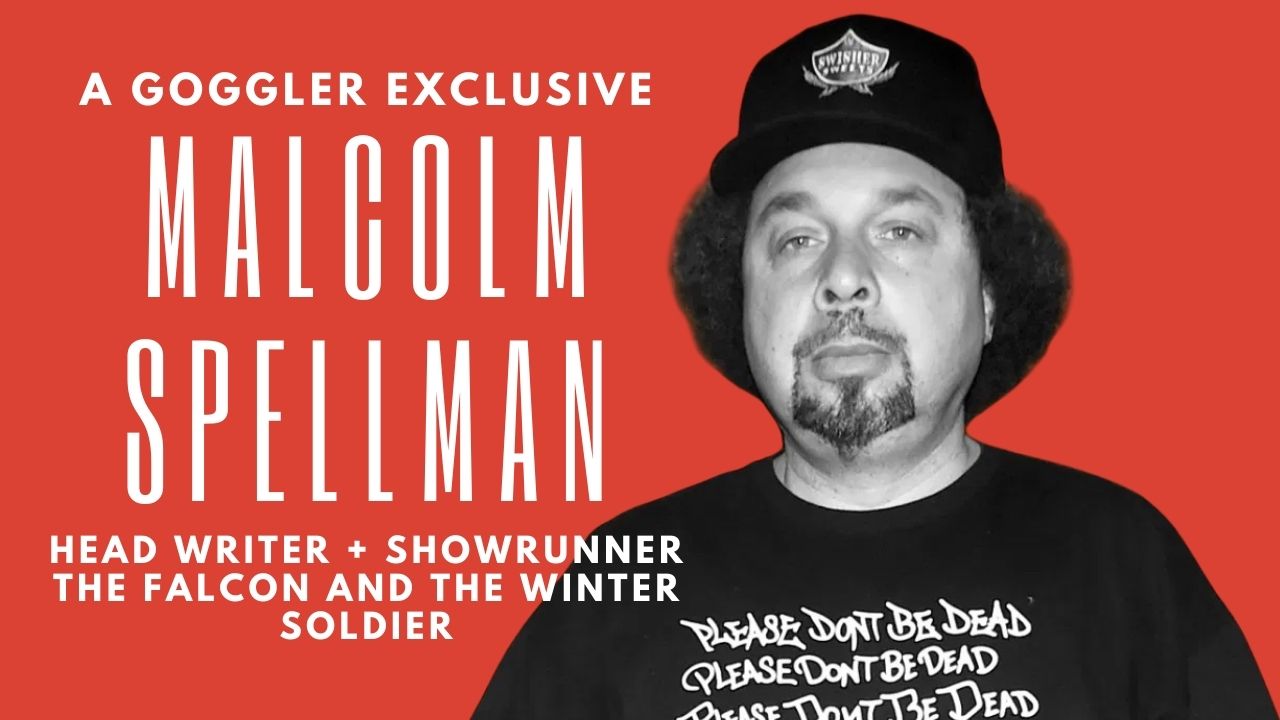






Follow Us